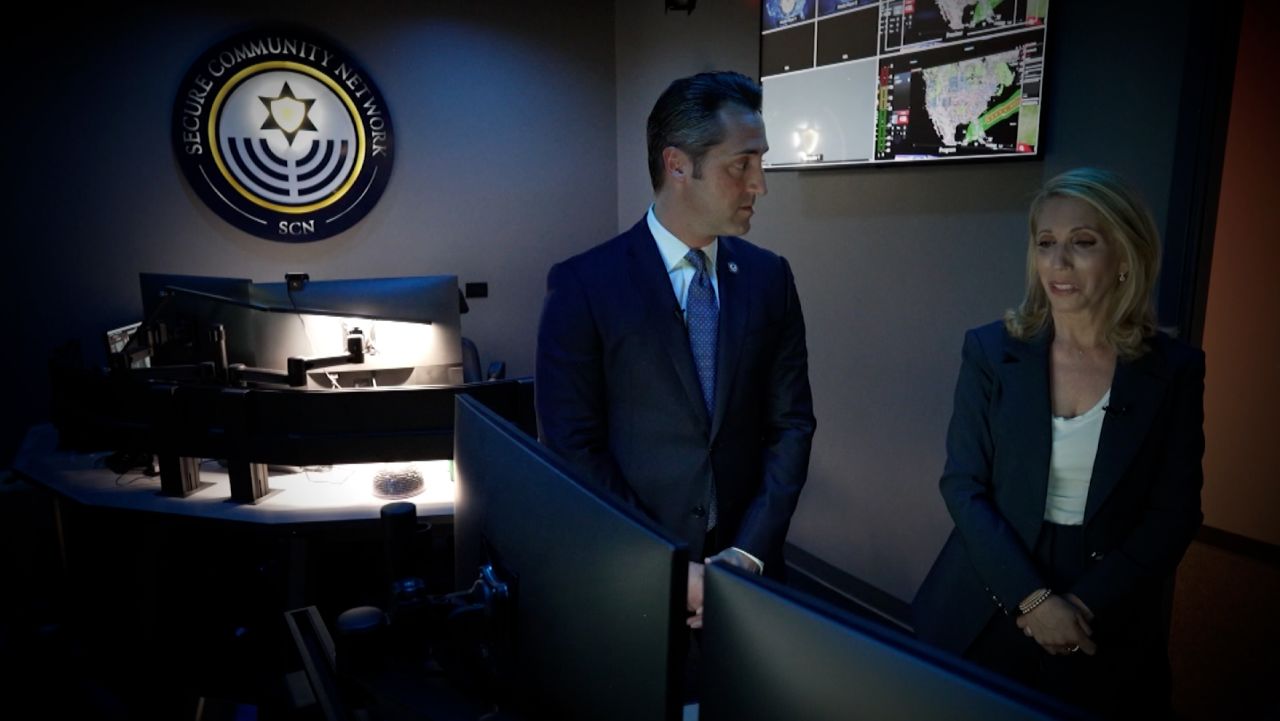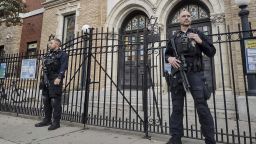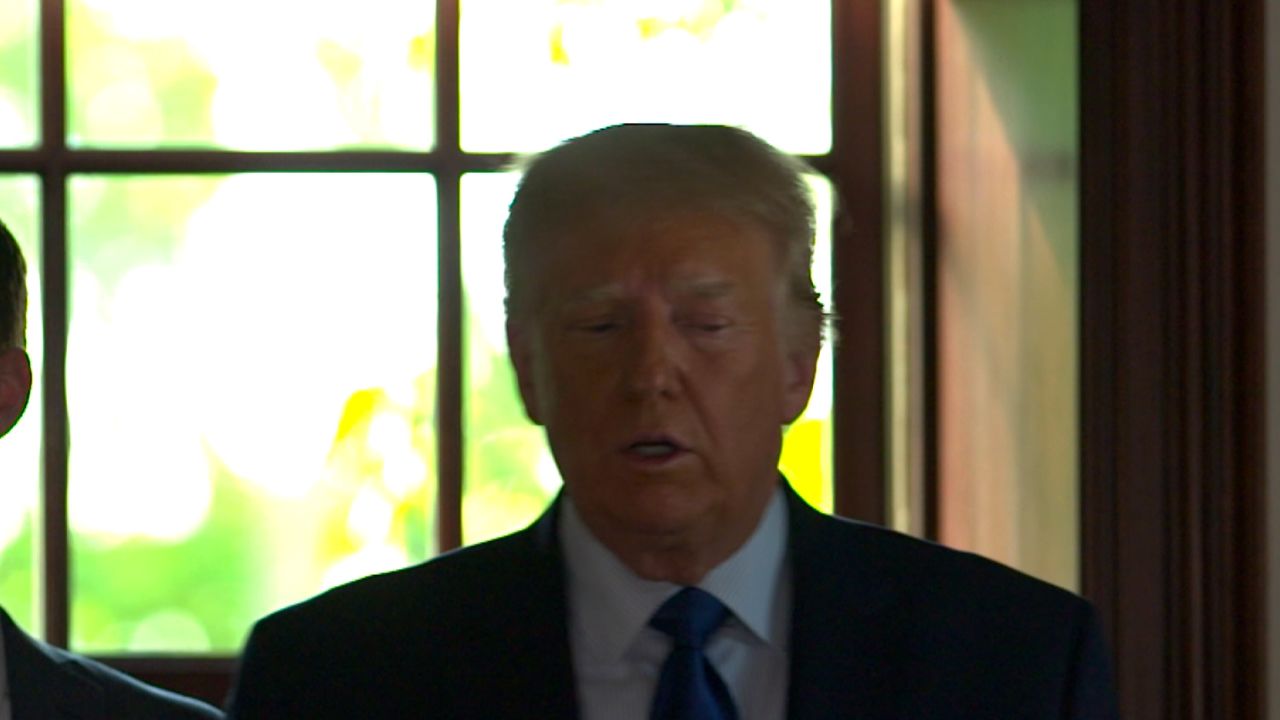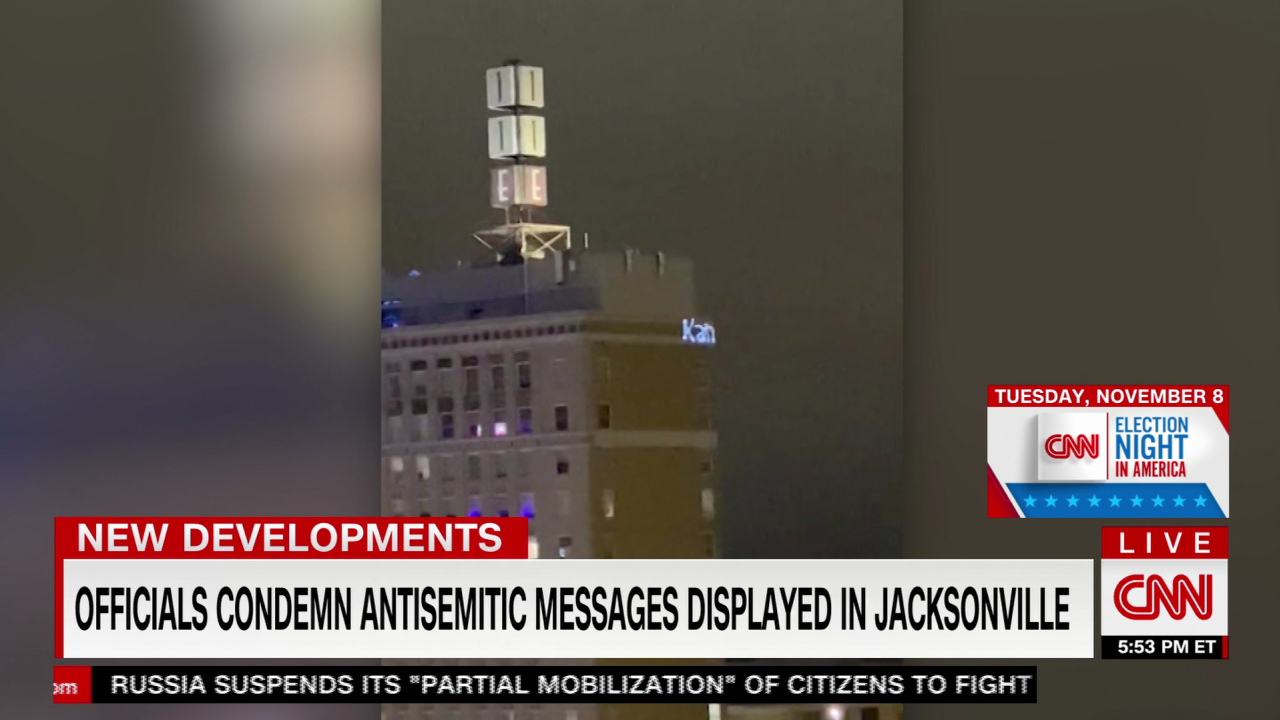The United States seems awash in antisemitism, and it isn’t just the usual suspects like the White supremacists and the avowed hatemongers. Now it’s spouting forth from its superstar musicians and athletes, as well as its politicians, and it appears to be trickling down.
Whereas in past years the backlash following acts of hate seemed to usher forth a respite – a brief break in the vitriol aimed at Jewish people – lately it seems backlash only fuels animosity.
Rabbi Jeffrey Myers, who presides over the Tree of Life Congregation in Pittsburgh, where 11 congregants were gunned by a White supremacist four years ago, flatly blamed the country at large.
“Shame on you, America. You let it grow in this petri dish,” Myers said in an interview with Haaretz.
If that feels broad, consider not only the sources of the antisemitism, but the responses from gatekeepers who bore a responsibility to shut it down.
Superstars provide platforms for hatred
When Kanye West said he wanted to go “death con 3” on Jewish people, Adidas dawdled for days before dropping him. He was banned repeatedly from social media, but upon his most recent Twitter reinstatement this week, he posted a photo of Kyrie Irving with no words.
Irving, the Brooklyn Nets star, had recently posted a link to a film crammed with antisemitic tropes. He claimed to oppose hatred but refused to apologize for days. When asked if he was antisemitic, he declined to plainly say no, even when a reporter suggested a yes-or-no answer is what the nation is looking for.
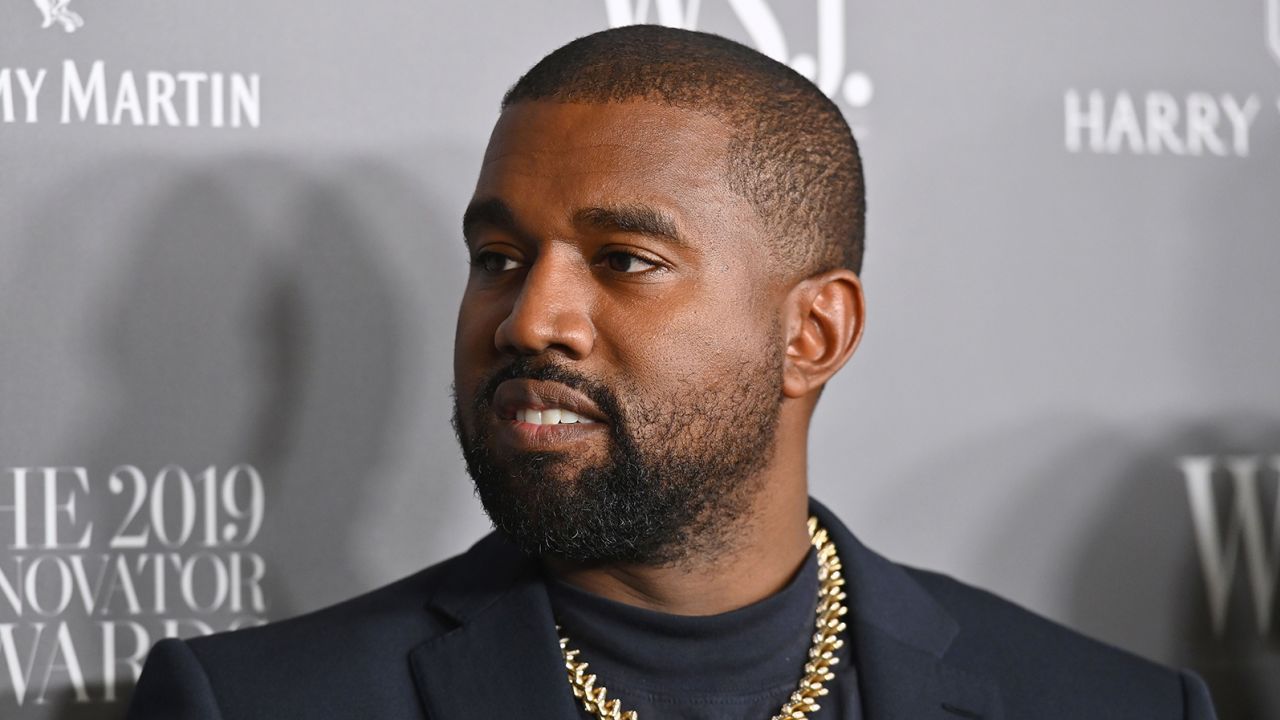
Like Adidas, the NBA and Nets took their time to do anything. The league seemed content to let Irving slide after the 30-year-old point guard promised to send a donation to the Anti-Defamation League, but the ADL doesn’t want his money anymore. Finally, on Thursday, he was suspended, and he issued an actual apology.
The Nets’ front office said it delayed taking action because the team “believed that taking the path of education in this challenging situation would be the right one and thought that we made progress with our joint commitment to eradicating hate and intolerance.”
ADL CEO Jonathan Greenblatt explained his organization’s stance in a tweet. “The answer to the question “Do you have any antisemitic beliefs” is always “NO” without equivocation,” he wrote, further explaining the ADL accepted Kyrie’s word when he said he took responsibility, “but today he did not make good on that promise. Kyrie clearly has a lot of work to do.”
Politicians and the ‘great replacement’ myth
It would seem many of the country’s politicians do as well. Head of the class is former President Donald Trump, who recently wrote, “U.S. Jews have to get their act together and appreciate what they have in Israel before it is too late.”
Many in the Jewish community saw it as a threat, which is understandable when you see how other politicians have espoused troubling views. Jenna Ellis, a top adviser for Pennsylvania gubernatorial candidate Doug Mastriano, said opponent and state Attorney General Josh Shapiro “is at best a secular Jew.” Questioned on this at a news conference, Mastriano let his wife, Rebbie, answer for him, saying, “I’m going to say we probably love Israel more than a lot of Jews do.”
Arizona gubernatorial candidate Kari Lake endorsed an antisemitic legislative candidate before rescinding her backing. It’s been widely reported US Senate candidate Mehmet Oz delivered a fundraiser speech in front of Adolf Hitler’s car, on display at a California museum. US Rep. Marjorie Taylor Greene, who has repeatedly invoked Hitler and the Holocaust in political comparisons, said last month in Arizona millions of immigrants “are on the verge of replacing you, replacing your jobs and replacing your kids in school and … replacing your culture.”
It smacked of the “great replacement” conspiracy theory, which the Southern Poverty Law Center says, “depends on stoking fears that a nonwhite population, which the theory’s proponents characterize as ‘inferior,’ will displace a white majority. It is also antisemitic. Some proponents of the ‘great replacement’ do not explicitly attribute the plot to Jews. Instead, they blame powerful Jewish individuals such as financier and philanthropist George Soros or use coded antisemitic language to identify shadowy ‘elites’ or ‘globalists.’ “
Where the Republican Party in the past has called out Greene’s comments – and was emphatic in its response to Rep. Ilhan Omar accusing Jews of buying political influence in 2019 – there hasn’t been much in the way of condemnation lately.
This, despite antisemitic attacks being on the rise, almost tripling since 2015 when the ADL reported 941 incidents. Last year, there were 2,717.
Trickle-down effect
There appears to be little pause in the hatred. Following West’s stream of antisemitism, those who agreed with him were not deterred by his cancellation. They hung banners over the 405 freeway in Los Angeles proclaiming, “Kanye is right about the Jews.” People on the overpass appeared to make the “Heil Hitler” gesture with their outstretched arms.
In Jacksonville, Florida, the same message crawled across the outside of the stadium hosting the Georgia-Florida college football game and across a building in the city. Banners hung over Interstate 10 in Jacksonville read, “End Jewish Supremacy in America” and “Honk if you know it’s the Jews.”
On Friday, New Jersey Gov. Phil Murphy acknowledged it “remains a tense time for our Jewish communities who are facing a wave of antisemitic activity” after the FBI reported it had mitigated threats to the state’s synagogues. A Jewish family in Stoneham, Massachusetts, woke up this week to paper swastikas in front of their home, along with the message, “Go to hell,” and just days ago, the ADL decried three incidents of antisemitic graffiti in the Atlanta suburb of Brookhaven, including the spray-painting of “Jews Kills Blacks” on the side of a home next to a train station.
“It should be surprising to no one that when celebrities spout antisemitic vitriol and fail to accept responsibility, it has consequences,” said ADL Southeast regional director Eytan Davidson.
The ADL has had a busy week, as the organization’s center on extremism learned the attack on Speaker of the House Nancy Pelosi’s husband in San Francisco also appeared to have some foundation in antisemitism and White supremacy.
Along with QAnon tropes and anti-government extremism, suspect David DePape’s writings from August include “explicit antisemitism, Holocaust denial, Islamophobia, white supremacist language and misogyny,” and included tabs dedicated “da jewbs” and the “Great Reset,” the ADL reported.
‘It doesn’t end with antisemitism’
All of this is arriving around the fourth anniversary of the Tree of Life shooting, the deadliest attack on the Jewish community in US history.
“It cannot fall on Jewish people alone to fight these acts of hate,” Rabbi Myers told CNN.
“Victims are not the ones to cure antisemitism,” he said. “It’s the place in which it’s grown that it must be cured. So, in the case of America, America has permitted antisemitism to grow unabated over a very long time. … We have to turn to the remainder of America, and say, ‘America, look what’s happening. Look at the rot from your core.’ “
“You have to fix that,” he continued, “because this is just the beginning. It doesn’t end with antisemitism. … From antisemitism, it moves on to another minority group and another minority group until there’s no one left to call out because all of the groups are no longer around.”

